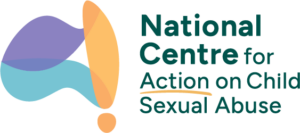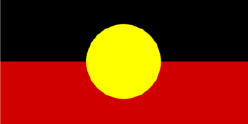MEDIA RELEASE
27 August 2025
The National Centre has launched the Child Sexual Abuse Language Guide, developed with the voices of more than 100 victims and survivors across Australia.
This guide provides victim and survivor-informed terms and definitions to support respectful, inclusive and trauma-informed communication about child sexual abuse. It highlights terms to avoid and suggests alternatives that reduce stigma and affirm dignity.
“Language can either reinforce harmful myths and shift responsibility onto victims, or it can affirm the child’s inherent right to protection from sexual exploitation and abuse. We all have an ethical obligation to use language that reduces trauma wherever we can.” – Angela Obradovic, Lynelle Long, Danielle Rifahi – Reshaping the Conversation Lived Experience Working Group Members
The guide is intended for practitioners, policymakers, educators, healthcare workers, legal professionals, researchers, journalists and anyone who communicates about child sexual abuse.
This is a living document that will continue to evolve as language changes and as more voices contribute to its development.






